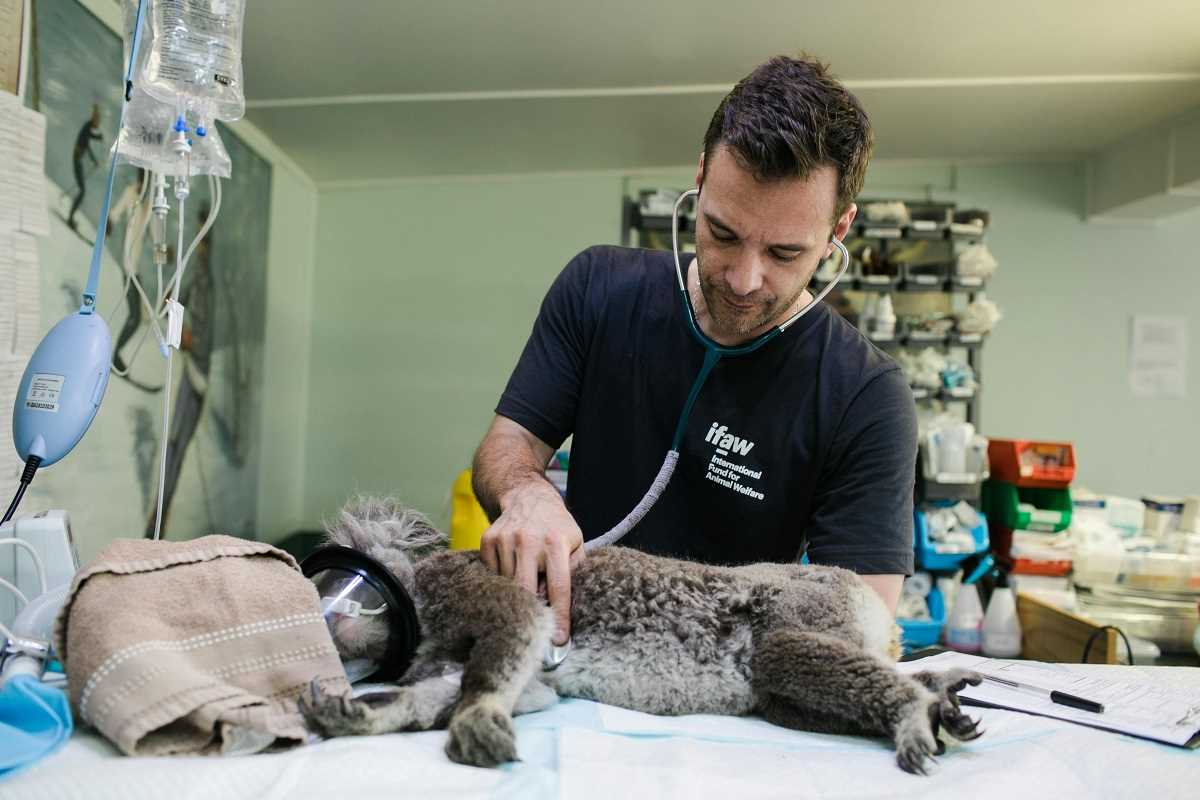Veterinary medicine is a dynamic and rewarding field that offers professionals the chance to make a meaningful difference in the lives of animals and their human companions. Whether you're already a practicing veterinarian or exploring this as a future career, it’s important to understand the challenges the profession entails and the numerous opportunities available in this evolving field. Let's take a closer look at what makes veterinary medicine both demanding and full of potential.
Challenges in Veterinary Medicine
1. The Rise of Technological Advancements
Technology is rapidly changing the way veterinary medicine is practiced. While advancements such as digital imaging, diagnostic tools, and even robotic-assisted surgeries have improved healthcare for animals, keeping up with these innovations poses a challenge. Clinics often lack the budget for cutting-edge equipment, leaving some veterinarians unable to offer the latest treatments. Additionally, staying proficient with these technologies requires continuous learning and training, which can be both time-consuming and expensive.
2. Ethical Dilemmas in Animal Care
Veterinarians regularly face ethical challenges that can weigh heavily on decision-making. For instance, pet owners may be unable to afford life-saving procedures, forcing professionals to find a balance between doing what’s best for the animal and respecting financial limitations. Similarly, questions about euthanasia, breed-specific surgeries, or the use of animals in research can present moral quandaries. Each decision carries emotional and professional weight, making discretion and empathy essential parts of the job.
3. The Emotional Toll of the Profession
Working as a veterinarian isn’t just physically demanding; it’s emotionally taxing as well. From dealing with sick or injured animals to navigating difficult conversations with pet owners, veterinarians often experience compassion fatigue. The bond between animals and their owners can be intense, which means veterinarians frequently bear the brunt of grief or frustration when outcomes are unfavorable. According to studies, this emotional stress has contributed to higher-than-average rates of burnout and mental health struggles within the veterinary community.
4. Work-Life Imbalance
Long hours, weekend shifts, and on-call responsibilities can make balancing work and personal life difficult. Veterinarians often take their passion for animal care home with them, whether through paperwork or an inability to mentally disconnect after a challenging day. This imbalance can lead to decreased job satisfaction and personal stress, particularly for those working in understaffed clinics or emergency care.
Opportunities in Veterinary Medicine
Despite these challenges, veterinary medicine is a field brimming with opportunities. Technological progress, societal appreciation for pets, and innovative career paths have transformed the industry into an equally exciting and fulfilling profession.
1. Career Growth and Specialization
Veterinary medicine offers diverse career paths that can match a wide range of interests and aspirations. Beyond general practice, veterinarians can specialize in fields like oncology, cardiology, dermatology, or exotic animal care. Each specialty not only deepens their expertise but also opens doors to higher earning potential and unique roles, such as working in wildlife conservation or as part of a zoo's veterinary team.
Additionally, non-traditional roles are increasing in popularity, such as working with government agencies, pharmaceutical companies, or academic institutions. Teaching, research, and consulting roles allow veterinarians to leave a lasting impact on the industry while engaging in intellectually fulfilling work.
2. The Impact of Telemedicine
The rise of telemedicine—already a game-changer in human healthcare—is creating exciting possibilities in veterinary care. Virtual consultations are becoming more common, helping veterinarians reach clients in remote areas or providing a convenient option for less critical cases. Telemedicine allows practitioners to expand their client base and offer follow-up care with greater ease. It’s redefining accessibility and could help reduce the workload in physical clinics, offering better work-life balance for busy professionals.
3. Technological Advancements as Opportunities
While new technology can be a challenge to implement, it’s also an incredible opportunity to advance the quality of care. Innovations like 3D printing, AI-assisted diagnostics, and wearable tech for pets are empowering veterinarians to treat conditions more effectively and improve outcomes for their patients. Additionally, developments in regenerative medicine, such as stem cell therapy, are expanding the possibilities for treating previously untreatable conditions.
Adopting these tools allows veterinarians to stand out in a competitive market and offer cutting-edge care that attracts clients. For veterinarians willing to invest in the learning curve, technology can truly transform their practice.
4. Making an Impact on Public Health
Veterinarians play a vital role beyond individual pet care. They contribute to public health through their work in zoonotic disease prevention, food safety, and environmental research. Fields such as epidemiology and One Health—a multidisciplinary approach that connects human, animal, and environmental health—offer gratifying opportunities for veterinarians interested in broader societal impact. From studying the spread of diseases like rabies to ensuring food security through sustainable livestock management, the scope for making a difference is immense.
5. Growing Appreciation for the Human-Animal Bond
The rising importance of pets in our lives has elevated the demand for veterinarians. Pet owners today see their animals as family members and are more willing to invest in preventive care, advanced medical treatments, and alternative therapies. This societal shift is creating opportunities for veterinarians to build nurturing, long-term relationships with clients and their pets. Additionally, niche areas like pet nutrition and behavioral services have emerged as lucrative subfields.
The Future of Veterinary Medicine
The veterinary profession continues to evolve, and with that evolution comes a need for resilient, adaptable professionals. While challenges such as stress and ethical dilemmas won’t disappear, the growing support systems—such as mental health resources tailored for veterinarians—are making it easier to thrive in this demanding career. Likewise, the emphasis on continuing education ensures that veterinarians remain at the cutting edge of both science and compassion.
If you're considering veterinary medicine, know that it’s a career where every day is a chance to learn something new, solve a problem, or improve quality of life for an animal in need. For those already in the industry, there is ample room for growth, whether through specialization, emerging technologies, or new ways of delivering care.
At its core, veterinary medicine is about building a better future for animals, their owners, and society as a whole. The challenges are real, but the rewards—both personal and professional—are boundless. For those driven by a deep passion for animal welfare, it’s a field where every day offers the opportunity to leave a lasting impact.
 (Image via
(Image via





.jpg)